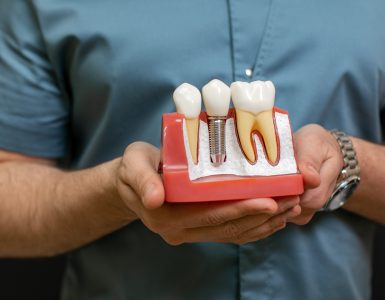No matter how long you have been a smoker, quitting will have a big impact on the health of your teeth and gums. Your gums will be allowed time to recover and become stronger and your immune system will respond better. Less bad bacteria in your mouth will reduce the build-up of plaque and tartar and the chances of gum disease, bad breath and tooth loss. Eventually your risk of developing gum disease will be the same as non-smokers and also your chances of developing mouth cancer will be significantly lower. A visit to your dentist for a professional scale and clean should help to speed up your recovery.
What can I do if I can’t quit smoking?
If you are having trouble quitting smoking, there are some things that you can do to reduce your risk of developing problems with your teeth and gums.
- Reducing the amount you smoke can help lower your risk
- Maintain good oral hygiene by brushing twice a day and flossing daily
- Hydrate your mouth by drinking plenty of water
- Stimulate saliva flow by chewing on sugar-free gum.
- Attend regular check-ups with your dentist to ensure any problems are found early
- Have a regular professional scale and clean to remove any plaque and tartar build-up to help protect your gums and prevent staining.
How can my dentist help?
Regular check-ups with your dentist are important to identify and treat any smoking related problems that may arise with your teeth, gums and mouth and to advise on the preventative steps you can take by utilising good oral hygiene. They are also able to give you guidance on how to quit smoking and refer you to organisations and groups that can help you. At your regular visits, your dentist will be able to monitor your oral health and its recovery from the effects of smoking.




